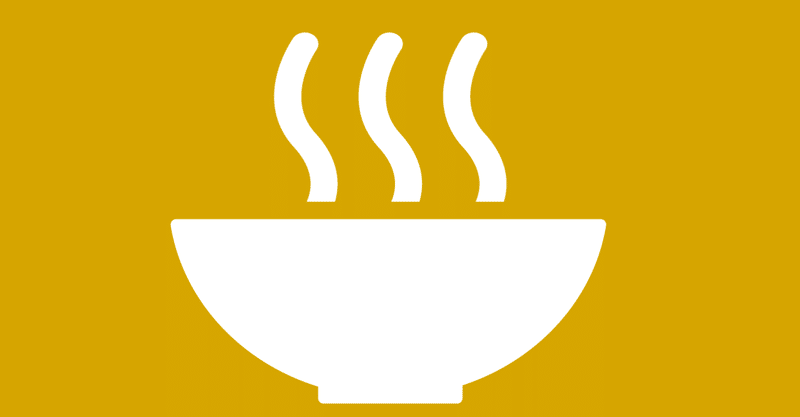
SDGs Goal 2: Best Practices by Japanese Companies
In the last post, I introduced SDGs Goal 1-related best practices of Japanese companies in the construction, automobiles, food, and insurance industries.
Regarding SDGs Goal 2: Zero hunger, food industry is the main player. Here are some of typical initiatives.
Fuji Oil Holdings
The company develops vegetable oils and fats and soybean products. As some readers may have noticed, the company produces meat alternatives that are considered effective for starvation control. The company illustrates that water consumption during soybean production is only one-eighth of beef production. While soybeans stay in water consumption to grow them, beef requires more water for water consumption in addition to feed ingestion. Beef also takes more time and effort than soy production.
The company is developing soy meat, an alternative meat made with soy. The company's soy meat sit in a way that promotes meat substitution by devising texture and food.
In addition, soy meat is not handled only in Japan. The company has launched a research project in Burkina Faso, aimed at local procurement of soybeans and local consumption of soy meat. If this is successful, it will be possible to achieve both improving the income of local soybean farmers and the nutrition of local consumers.
Meiji Holdings
Meiji, the company's subsidiary, is developing a business related to nutritional knowledge and the dissemination of nutritional foods to improve the nutrition of female factory workers in Vietnam. Vietnamese companies purchase and provide nutritionally enhanced milk for women to improve their nutritional status. Additionally the company aim at promoting the products and improving their eating habits through food education for them.
As well as SDGs Goal 1: No poverty, Goal 2 is mainly for developing countries, and many companies take it up in the context of supply chain management and community engagement. But in order to be truly sustainable, profitability is essential.
There are many initiatives for this goal besides the food industry. For example, machinery and precision equipment industry offer inspection equipment for protecting the safety and agricultural machinery. In addition, chemical industry provide agricultural materials such as fertilizers, pesticides, vinyl houses, and other materials for extending consumption deadlines such as oxygen absorbers and freshness retention films. However, since the main focus of this goal is in developing countries that are prone to food crises, the two initiatives of Fuji Oil Holdings and Meiji Holdings are more direct and significant.
この記事が気に入ったらサポートをしてみませんか?
